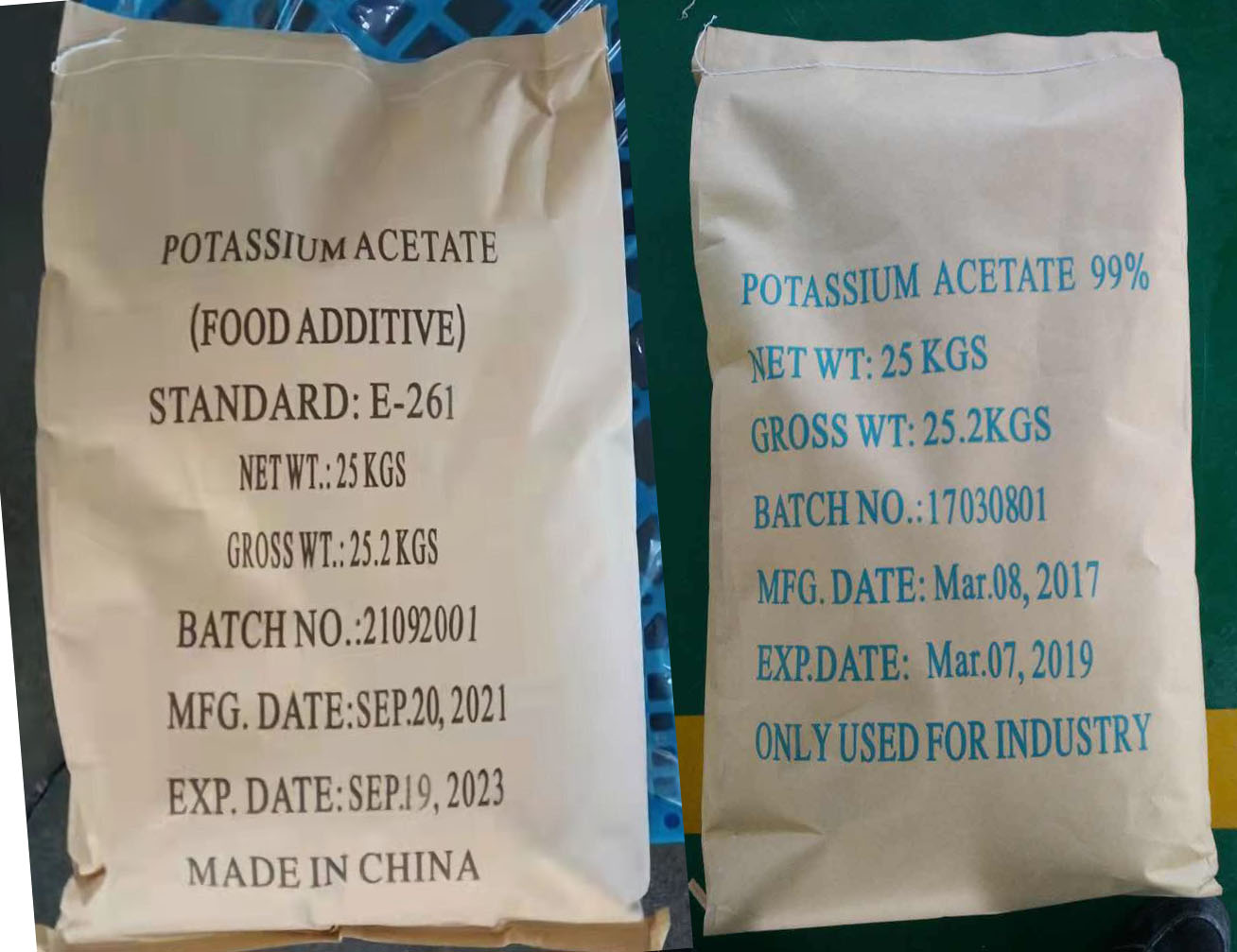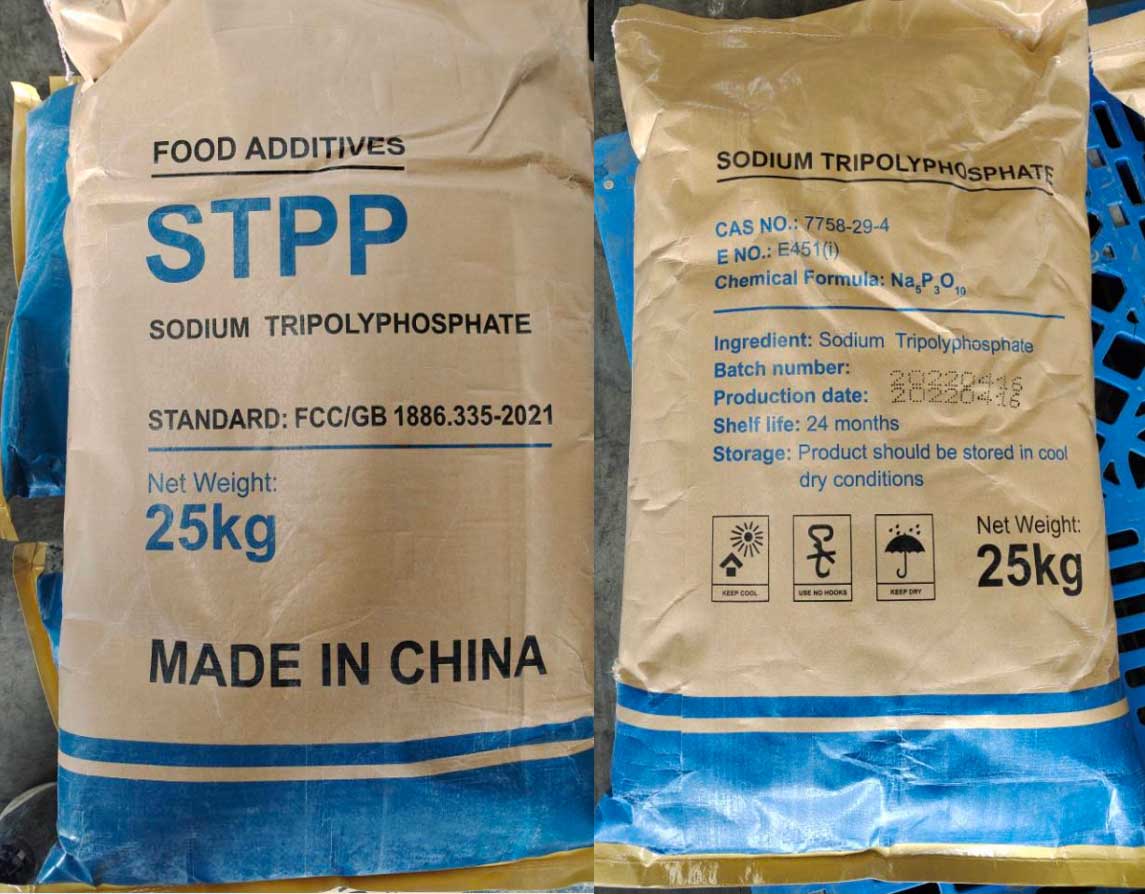Water Quality Management: Magnesium sulfate can be used to adjust and maintain optimal water parameters in aquaculture systems. It is often added to aquaculture ponds or tanks to increase magnesium levels in cases where deficiencies are observed. Maintaining appropriate magnesium levels is essential for the overall health and well-being of aquatic organisms, as magnesium plays a crucial role in various physiological processes, including osmoregulation and enzyme function.
Stress Reduction: Magnesium sulfate is sometimes used to alleviate stress in aquatic organisms. Stress can occur in fish and other aquatic species due to factors such as handling, transportation, environmental changes, or disease outbreaks. Adding magnesium sulfate to the water can help reduce stress levels and improve the resilience of aquatic organisms, thereby enhancing their overall health and survival rates.
Disease Treatment: Magnesium sulfate is also utilized in aquaculture as a treatment for certain diseases and health conditions affecting fish and other aquatic organisms. It may be used as part of bath treatments or medicated baths to help alleviate symptoms associated with conditions such as fungal infections, external parasites, or bacterial diseases. Additionally, magnesium sulfate can have mild antiseptic properties, which may aid in wound healing and tissue regeneration in affected fish.
Oxygenation: In some aquaculture systems, magnesium sulfate may be used to enhance oxygenation of the water. By increasing the solubility of oxygen in the water column, magnesium sulfate can help ensure adequate oxygen levels for fish and other aquatic organisms, particularly in systems where oxygenation may be limited, such as intensive aquaculture operations or during periods of high temperature or low dissolved oxygen levels.
Egg Incubation: Magnesium sulfate can be utilized in the incubation of fish eggs in aquaculture hatcheries. It may be added to egg incubation tanks or solutions to provide osmotic support and prevent desiccation of developing embryos. Additionally, magnesium sulfate may help maintain water quality and prevent fungal or bacterial infections during the incubation process.
pH Buffering: In some cases, magnesium sulfate may serve as a pH buffer in aquaculture systems, helping to stabilize water pH levels and prevent rapid fluctuations that can stress aquatic organisms. By maintaining a stable pH environment, magnesium sulfate contributes to the overall health and well-being of fish and other cultured species.




